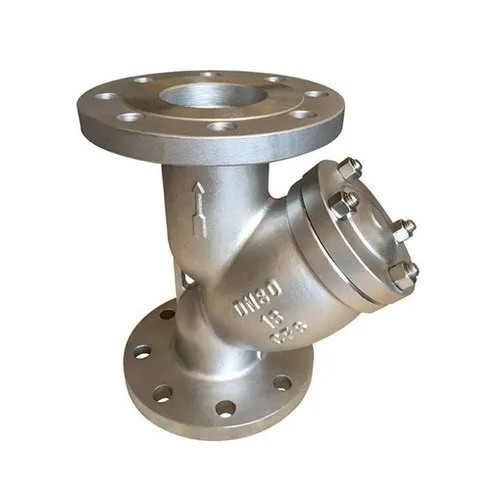China's Needle Valve Market Growth and Innovation in Fluid Control Solutions
Needle Valves in China An Overview of Manufacturing and Applications
Needle valves are critical components in various industrial applications, particularly in regulating flow and pressure within systems. In China, the production and use of needle valves have gained significant prominence due to the country’s rapid industrialization and advancements in manufacturing technology. This article provides an overview of needle valves in China, covering aspects of their manufacturing processes, material compositions, applications, and the market landscape.
Manufacturing Processes
China is home to numerous manufacturers that specialize in producing needle valves. The manufacturing process typically involves precision machining techniques, including turning, milling, and grinding. Advanced CNC (Computer Numerical Control) technology is employed to achieve high levels of precision and repeatability, ensuring that each needle valve meets stringent quality standards.
The production begins with the selection of raw materials, which are crucial for the performance and durability of the valves. Common materials used in needle valve manufacturing include stainless steel, brass, and various alloys. These materials are chosen based on their resistance to corrosion, pressure tolerance, and suitability for diverse operating environments.
After material preparation, the various components of the needle valve, such as the body, stem, and seat, are machined to precise specifications. The assembly process is meticulously conducted to ensure proper alignment and functionality. Quality control checks are integral throughout the manufacturing process, employing both visual inspections and rigorous testing to verify operational efficiency and leak resistance.
Applications of Needle Valves
needle valve china

Needle valves are widely used across multiple industries in China, including oil and gas, chemical processing, water treatment, and pharmaceuticals. In the oil and gas sector, they play a crucial role in controlling the flow of fluids in pipelines and vessels, ensuring safe and efficient operations. In chemical processing, needle valves are essential for regulating the flow of corrosive materials, allowing for precise control during reactions and mixing processes.
Additionally, the water treatment industry utilizes needle valves to manage the flow of water and chemicals in treatment plants. In pharmaceuticals, these valves ensure accurate dosing of liquids, which is vital for maintaining product quality and compliance with regulatory standards. The versatility of needle valves makes them indispensable in any system requiring fine flow control.
Market Landscape
China's needle valve market has witnessed significant growth, driven by increasing industrial demands and investments in infrastructure. The country’s robust manufacturing sector, combined with its focus on modernization and technological advancement, has established China as a key player in the global needle valve market. Many Chinese manufacturers are now exporting their products worldwide, competing with established brands from Europe and North America.
Innovation is also at the forefront of the needle valve industry in China, with manufacturers continually exploring new designs and materials to enhance performance. Eco-friendly production methods and the development of smart valves, equipped with sensors for real-time monitoring and control, reflect the industry’s response to changing market needs and environmental considerations.
Conclusion
Needle valves have become an essential part of many industrial operations in China, thanks to their reliability and precision in flow control. The combination of advanced manufacturing techniques, diverse applications, and a growing market ensures that needle valves will continue to play a prominent role in various sectors. As China continues to evolve as a manufacturing hub, the importance of high-quality needle valves will undoubtedly persist, supporting the country's industrial needs both domestically and internationally.
-
The Key to Fluid Control: Exploring the Advantages of Ball Valves in Industrial SystemsNewsJul.09,2025
-
The Versatile World of 1, 2, and 3 Piece Ball ValvesNewsJul.09,2025
-
Stainless Steel Ball Valves: The Ideal Choice for Efficient Flow ControlNewsJul.09,2025
-
Optimizing Fluid Control with Ball Float ValvesNewsJul.09,2025
-
Manual Gate Valves: Essential for Control and EfficiencyNewsJul.09,2025
-
Everything You Need to Know About Butterfly ValvesNewsJul.09,2025
-
The Versatility of Wafer Type Butterfly ValvesNewsJul.08,2025




